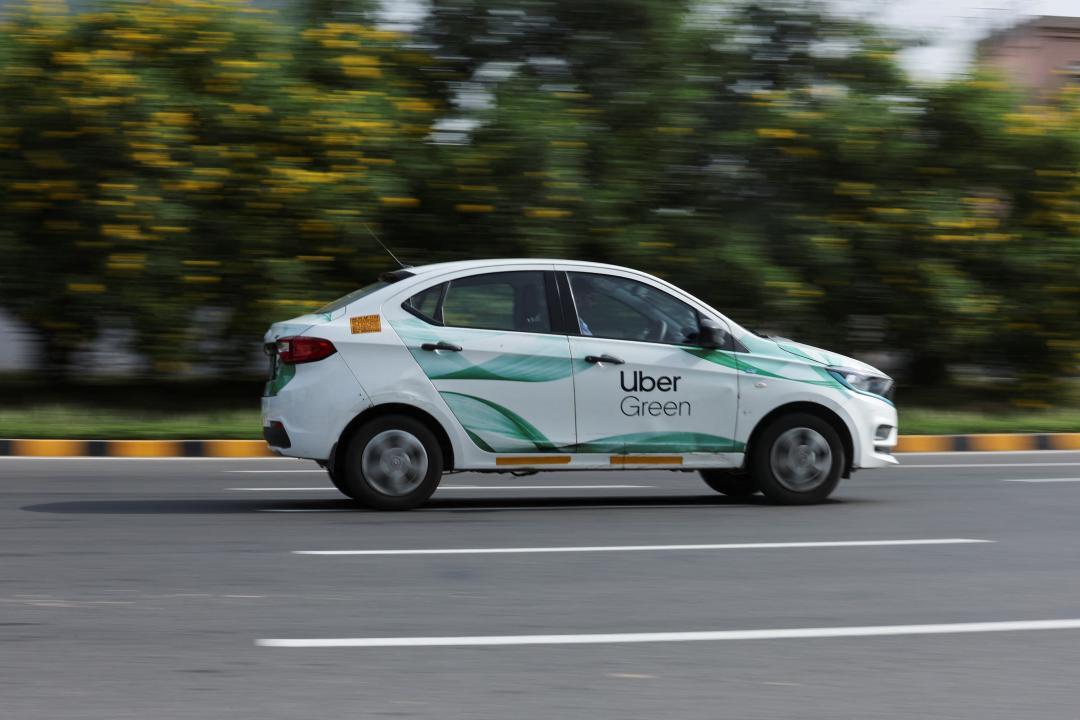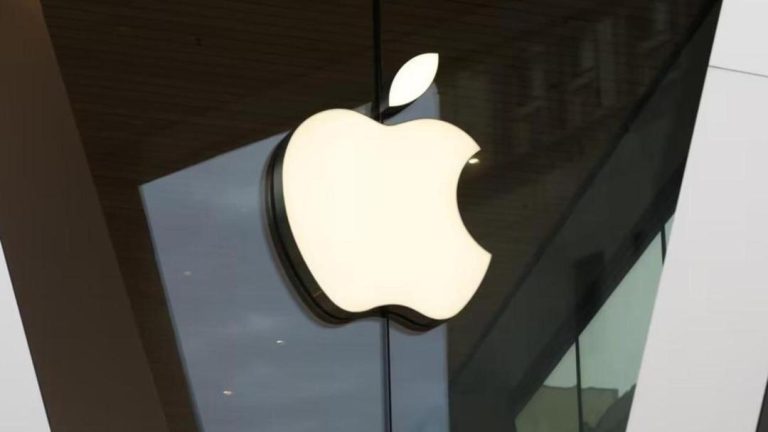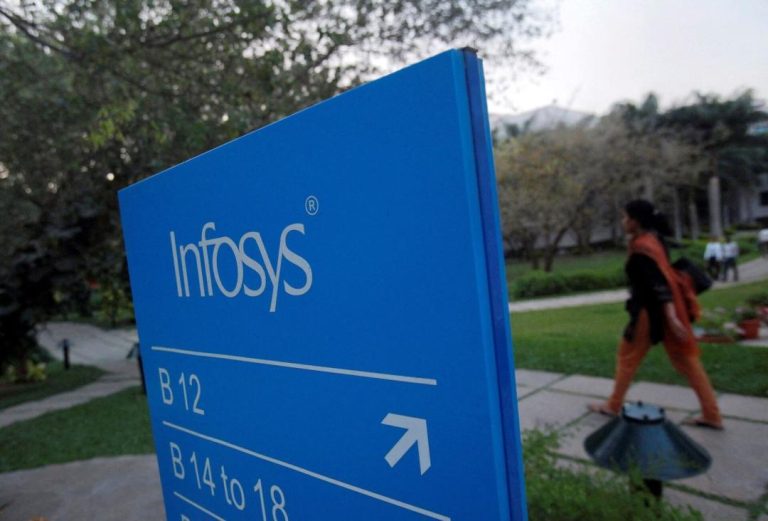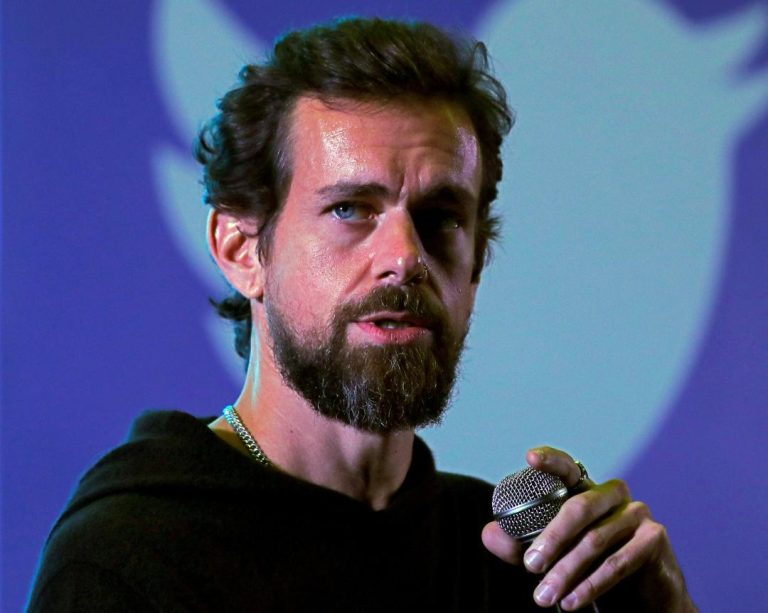
Why are Ola, Uber & Rapido drivers on indefinite strike in Mumbai?
As I step out of my house in Mumbai, I expect to hail a cab easily with just a tap on my phone. But today, the scenario is different. The streets are empty, and I’m left frustrated and worried. The reason behind this sudden disruption is the indefinite strike by Ola, Uber, and Rapido drivers in Mumbai. The strike has not only affected commuters but also raised questions about the sustainability of the gig economy.
The drivers, who number in thousands, have been protesting against the low earnings they receive after deducting aggregator commissions and fuel expenses. According to reports, their actual income falls to just ₹8-12 per kilometre, which is unsustainable amid rising fuel and maintenance expenses. The strike has resulted in longer wait times and fewer cabs on the road, making life difficult for commuters.
So, what led to this crisis? Let’s take a closer look at the situation.
The Drivers’ Grievances
The drivers, who are the backbone of these ride-hailing services, claim that they are not earning enough to sustain themselves. After deducting aggregator commissions, which can range from 15-25% of the fare, and fuel expenses, their earnings are meager. They say that they are not able to make ends meet, and the strike is a result of their frustration.
“We are not asking for the moon, but a fair deal. We want a minimum guarantee of ₹20-25 per kilometre. Anything less is unacceptable,” said Rajesh Kumar, a driver with Ola. “We are not opposing the aggregator model, but we want a fair share of the revenue.”
The drivers’ union, which represents over 10,000 drivers, has been demanding better wages and working conditions. They want the government to intervene and regulate the industry to ensure that drivers receive a fair share of the revenue.
The Aggregators’ Response
Ola, Uber, and Rapido have responded to the strike, saying that they are willing to negotiate with the drivers’ union. However, they have denied the allegations of exploiting drivers, saying that they provide a platform for drivers to earn a living.
“We understand the concerns of our driver-partners and are willing to engage with them to find a solution,” said an Ola spokesperson. “We provide a platform for drivers to earn a decent income, and our commissions are reasonable.”
Uber and Rapido have also released statements, saying that they are committed to finding a solution that benefits both drivers and passengers.
The Impact on Commuters
The strike has had a significant impact on commuters in Mumbai. With fewer cabs on the road, wait times have increased, and many are forced to spend more time waiting for a ride. The strike has also affected the daily lives of thousands of commuters who rely on these services to get to work, school, or other destinations.
“I am a daily commuter to Bandra from Andheri, and I usually take an Ola or Uber to get there. Today, I had to wait for over an hour to get a ride, and I was late for work,” said Rohan Desai, a software engineer.
The strike has also highlighted the issue of the gig economy and the lack of regulation in the industry. The drivers are not considered employees of the aggregators, but rather independent contractors, which means they do not receive benefits like minimum wage, social security, or health insurance.
The Way Forward
The strike has brought attention to the plight of the drivers and the need for regulation in the industry. The government has been urged to intervene and ensure that drivers receive a fair share of the revenue.
In the short term, the strike may be resolved through negotiations between the drivers’ union and the aggregators. However, in the long term, the industry needs to adopt a more sustainable model that benefits both drivers and passengers.
The strike has also raised questions about the sustainability of the gig economy. With the rise of ride-hailing services, many drivers have left traditional taxi services to join these platforms. However, the low earnings and lack of benefits are making it difficult for them to sustain themselves.
In conclusion, the strike by Ola, Uber, and Rapido drivers in Mumbai is a wake-up call for the industry to rethink its business model. The drivers’ grievances are genuine, and the aggregators need to work towards finding a solution that benefits both parties. The strike may be resolved soon, but it has brought attention to the need for regulation and sustainability in the gig economy.






